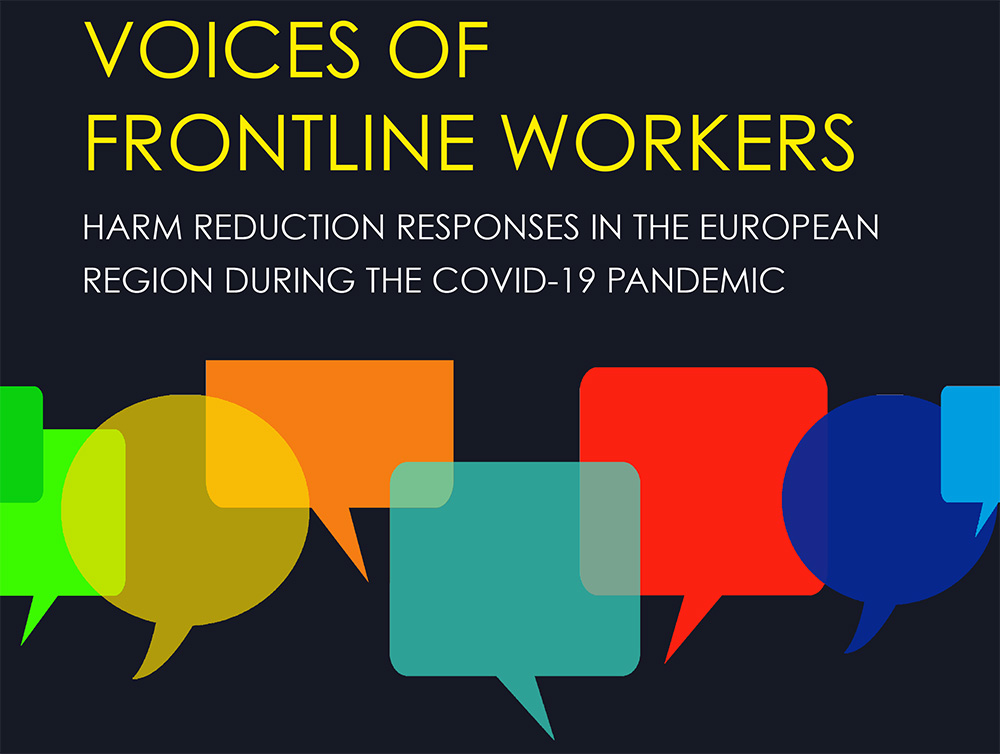From the EMCDDA press release
The EU drugs agency (EMCDDA) published today results of the European Web Survey on Drugs. The survey ran between March and April 2021 in 30 countries (21 EU and 9 non-EU) when many populations were under COVID-19-related lockdowns. Targeted at people aged 18 and over who have used drugs, the survey aims to improve understanding of patterns of drug use in Europe and help shape future drug policies and interventions.
Close to 50 000 adults (48.469) responded to the survey from 21 EU Member States and Switzerland. Cannabis was the drug used most, with 93% of survey respondents reporting to have used it in the previous 12 months and with little variation between countries. MDMA/ecstasy (35%), cocaine (35%) and amphetamine (28%) were the next most reported illicit substances, with the order of the three drugs varying by country. Around a third of respondents (32%) reported using more (herbal) cannabis and 42% using less MDMA/ecstasy.
The survey revealed that one fifth (20%) of the sample reported using LSD in the last year, 16% using new psychoactive substances (NPS) and 13% using ketamine. Heroin use was reported by 3% of respondents. Although the sample reporting heroin use was small, over a quarter of these respondents (26%) reported using this drug more during the period studied.
New to the 2021 round was the participation of the agency’s partners from the Western Balkans, through an EMCDDA technical assistance project (IPA7).
Over 2 000 adults (2 174) from Albania, Kosovo*, Montenegro, North Macedonia and Serbia responded to the survey. Most respondents (91%) reported using cannabis in the previous 12 months, followed by cocaine (38%), MDMA/ecstasy (22%) and amphetamine (20%). Again, around a third of respondents (32%) reported using more (herbal) cannabis and 34% using less MDMA/ecstasy.
Almost one in six (17%) respondents reported using NPS in the last year, while 9% reported use of LSD. Use of both heroin and methamphetamine was reported by 8% of respondents.

Home was reported as the most common setting for drug use during the period (85% of respondents in the EU-Switzerland survey and 72% in the Western Balkans), a pattern accentuated by COVID-19 lockdowns and closure of nightlife venues. Motivation for the use of different substances sheds some light on these results. The most commonly reported motivations for cannabis use were relaxation, getting high and aiding sleep, while for MDMA/ecstasy, they were its euphoric and socialising effects.
For more information, visit:
- European Web Survey on Drugs webpage and methodology.
- Fact sheet with results (EU + Switzerland).
- Fact sheet with results (Western Balkans).
- Publications, reports, graphics, news release and other outputs can be found on the European Web Survey on Drugs hub page.
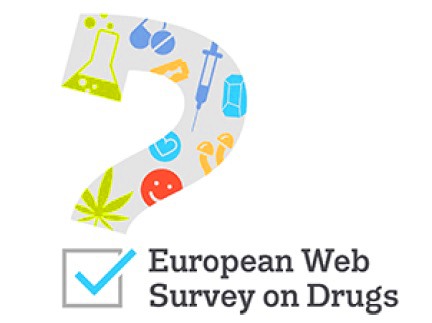




 As a criminalised population, sex workers have been disproportionately impacted by the COVID-19 pandemic, often living in precarious economic situations and excluded from social protection systems. The policy brief COVID-19 and Sex Workers/Sex Worker-led Organisations, produced by the Global Network of Sex Work Projects (
As a criminalised population, sex workers have been disproportionately impacted by the COVID-19 pandemic, often living in precarious economic situations and excluded from social protection systems. The policy brief COVID-19 and Sex Workers/Sex Worker-led Organisations, produced by the Global Network of Sex Work Projects (
 To read this technical assistance directory,
To read this technical assistance directory, 
 To read the report, please
To read the report, please 
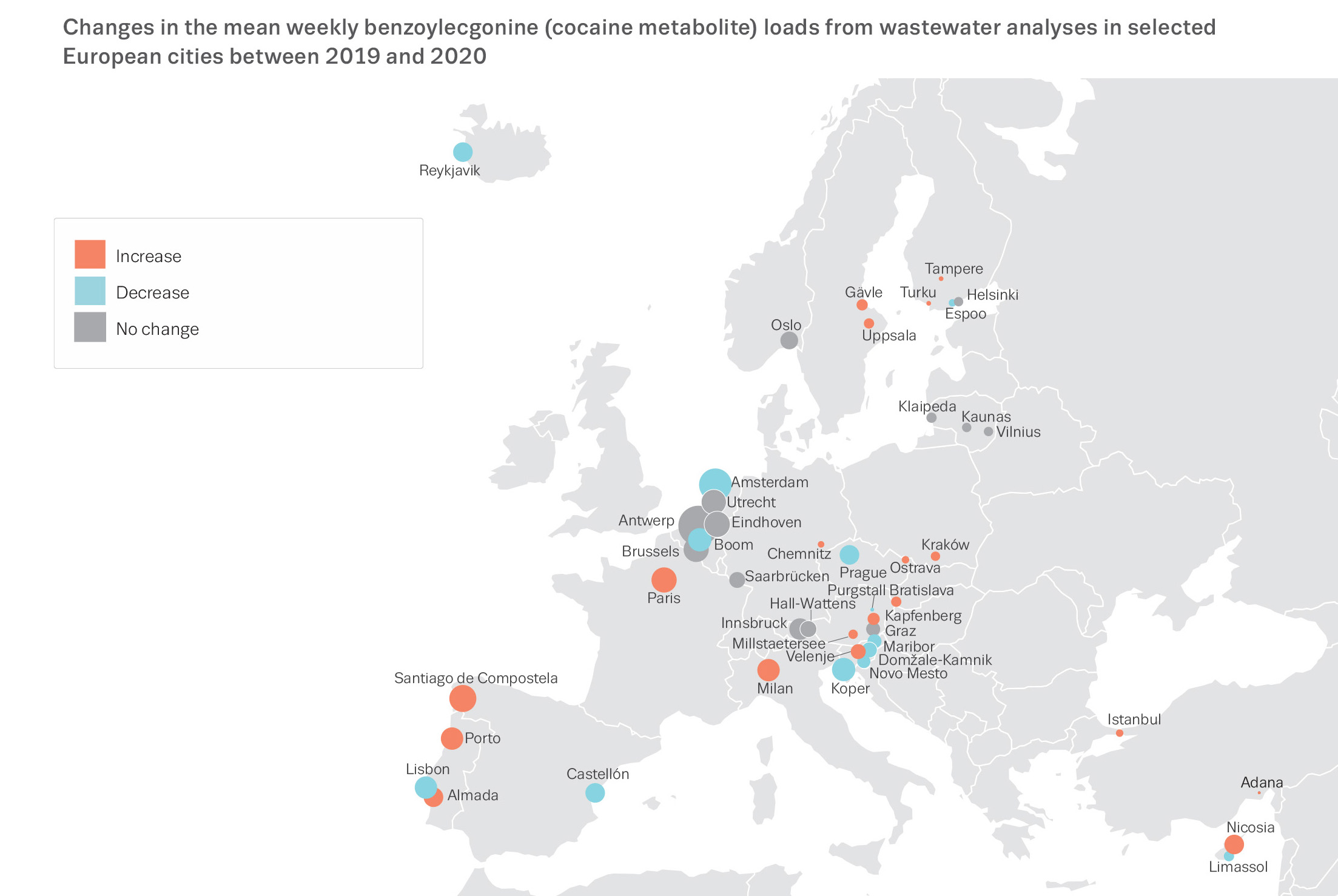
 To access the report, please
To access the report, please 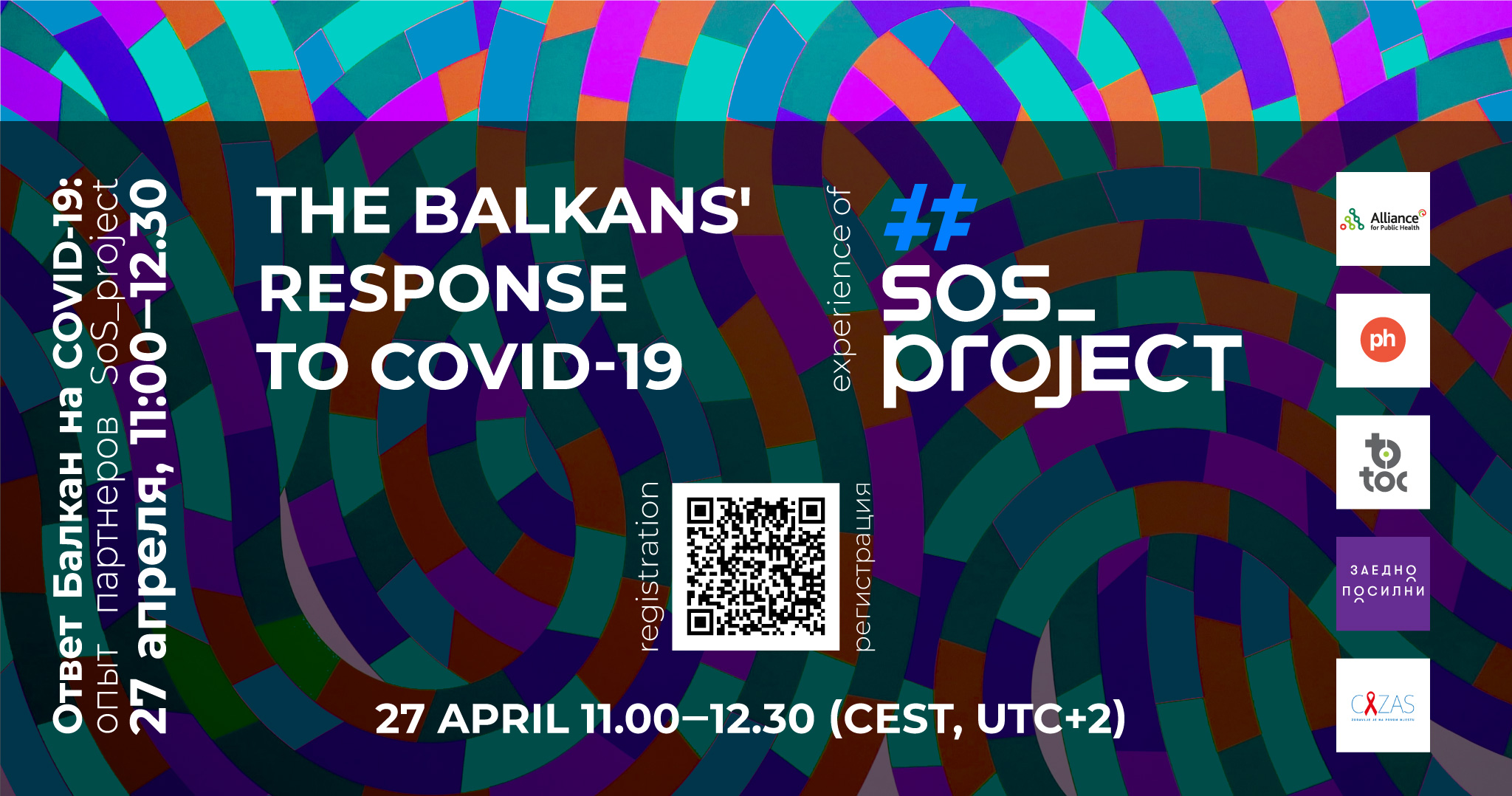
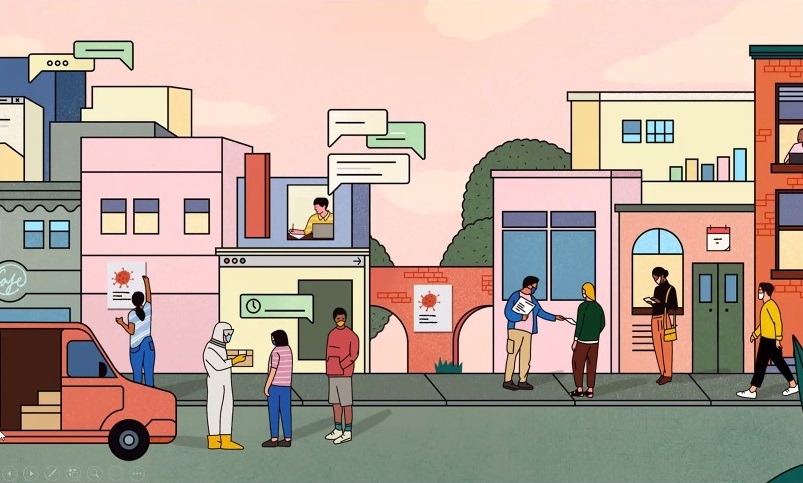
 Aiming to better understand and support the network to respond to these emerging challenges, especially with regard to advocacy for drug policy reform centred on human rights and public health, the IDPC Secretariat initiated a process of documenting and analysing the experiences of civil society and governmental actors working in the context of the COVID-19 pandemic.
Aiming to better understand and support the network to respond to these emerging challenges, especially with regard to advocacy for drug policy reform centred on human rights and public health, the IDPC Secretariat initiated a process of documenting and analysing the experiences of civil society and governmental actors working in the context of the COVID-19 pandemic.